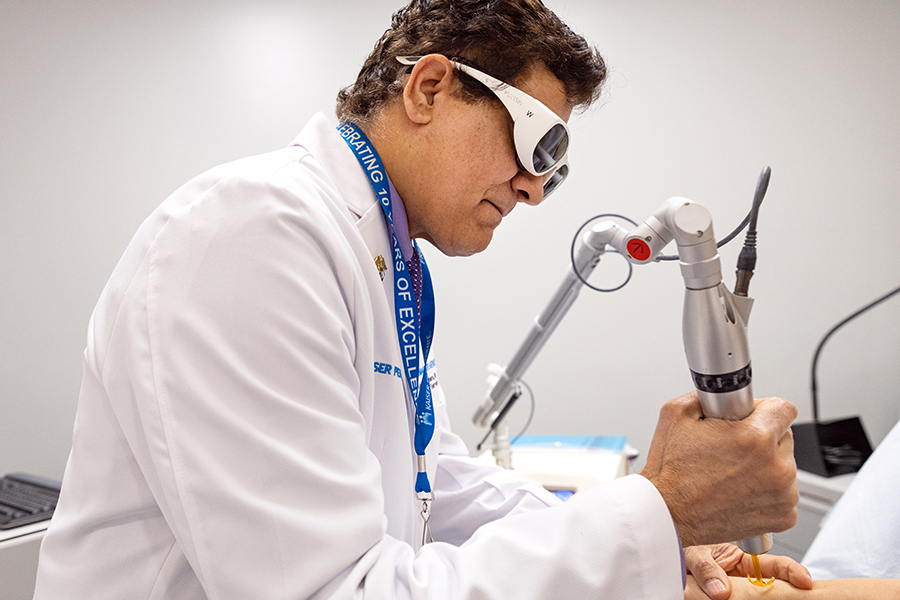The Mercury News-November 20, 2017
How much is that doggy in the window? Priceless, apparently.
A new study has reaffirmed what dog lovers have long suspected. People who own a dog may live longer and be healthier because of their pooches. The Swedish study, which tracked more than 3.4 million people, as Time reported, found that folks who have dogs reduce their risk of death by 11% and cut their chances of cardiovascular death by 15%.
They found that dog owners had a reduced risk of death due to cardiovascular disease as well as a lower risk of death from other causes. That finding seemed to hold true even if you adjusted for other factors such as smoking, body mass index and economic status.Scientists from Uppsala University scoured the national registry documents of Swedish people, men and women from ages 40 to 80 to examine the connection between canines and longevity. Since dog ownership requires registration in Sweden and since all health care, including all doctor’s visits, are charted in a national database, as Time noted, the researchers could follow the lives of people with and without dogs.
The statistics are even more dramatic if you just look at folks who live alone, as CNN reported. For people who live solo, owning a dog can cut their risk of death by 33% and their risk of cardiovascular related death by 36%, the study suggests. Heart attack risk was found to be 11% lower. Fido sure deserves a tummy rub.
“A very interesting finding in our study was that dog ownership was especially prominent as a protective factor in persons living alone, which is a group reported previously to be at higher risk of cardiovascular disease and death than those living in a multi-person household,” said Mwenya Mubanga, an author of the study and PhD student at Uppsala University, as CNN noted.
“Dogs force their owners to walk them (if they are good owners) or in the case of sport, having a hunting animal may again help promote more walking. In addition, dogs can serve as emotional support animals, and I have seen that first-hand in my practice,” says Dr. Sue Kim, internal medicine physician at Stanford Health Care. “They can help to subvert loneliness or distract in times of stress. Also, they can help individuals endure social settings where they might otherwise not be able to.”
Indeed sometimes walking the dog is the only kind of exercise that actually happens. No matter how little time you have, you still have to take your four-legged friend for a stroll or face the stinky consequences.
“I do agree that owning pets could help lower your risk of cardiovascular disease,” agrees Valerie Kwai Ben, MD, a cardiologist at Kaiser Permanente San Jose Medical Center. “This may be more prominent in dog owners who benefit from the companionship, unconditional love and support. Studies have shown that patients who are happier, have support and are less stressed have a lower risk of cardiovascular mortality.
Additionally, in walking their dogs, patients are more likely to adhere to the recommended level of physical activity advised by their physicians. Many times I realize that the only activity some of my patients engage in are when they walk their dogs.”
This article originally appeared in The Mercury News






